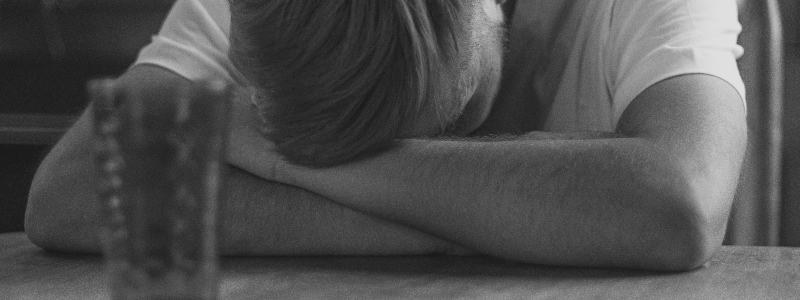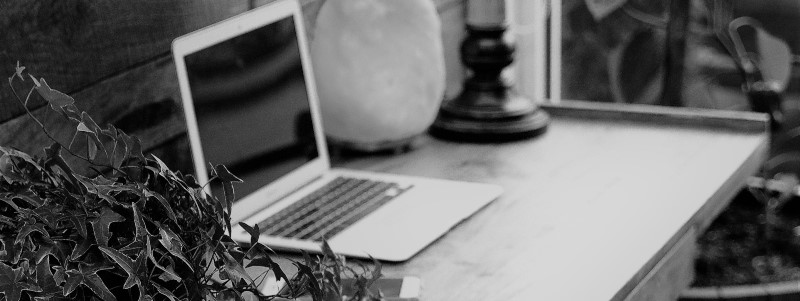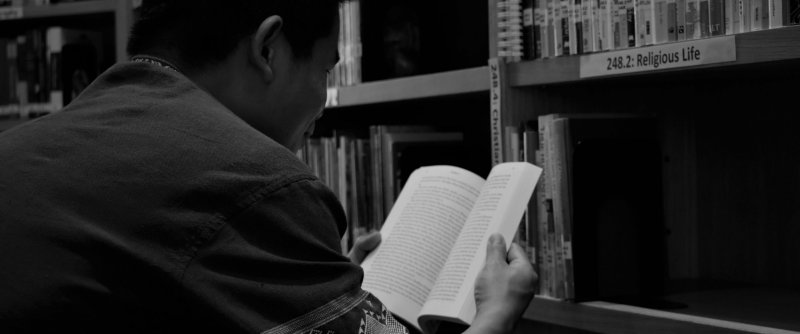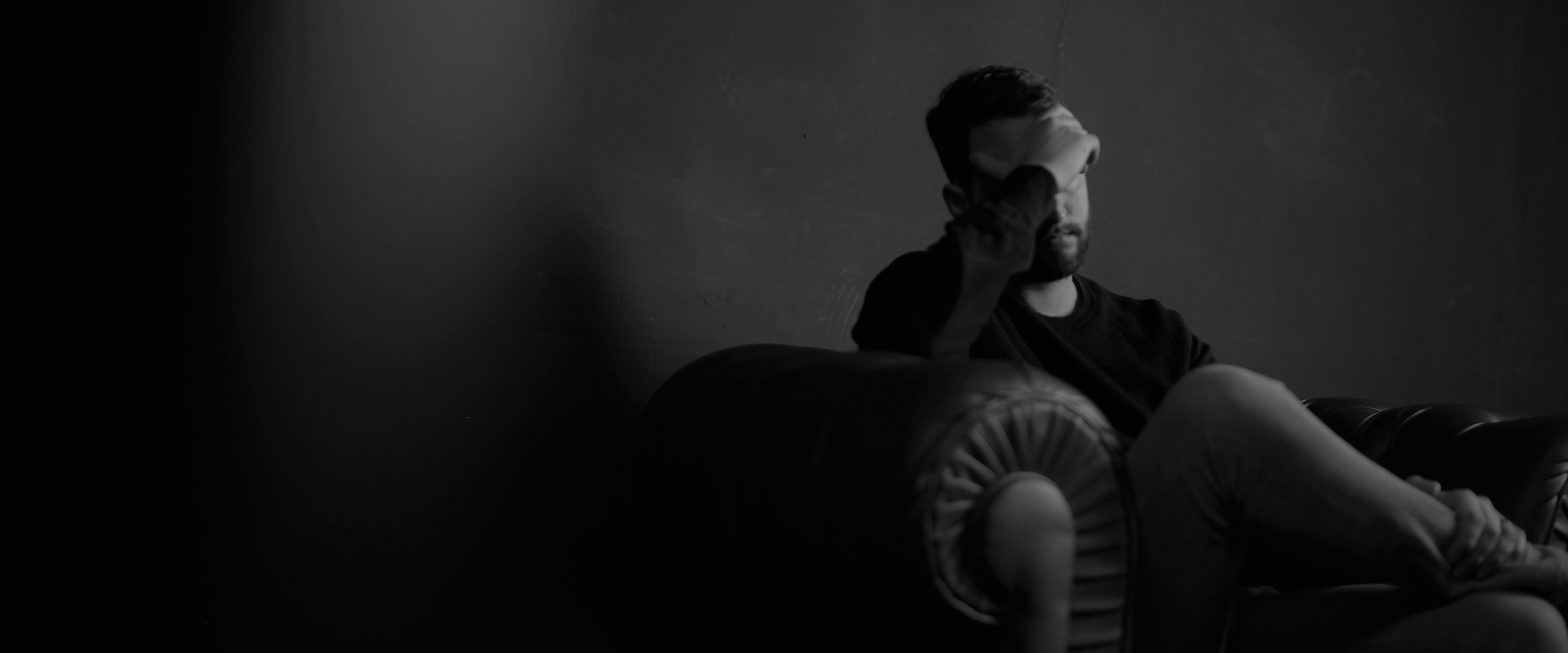
It is a process whereby our bodies experience environmental stressors as a threat to our physical survival, thereby releasing stress hormones such as cortisol and adrenaline. This is an essential part of all mammal’s fear or threat response, which has become maladaptive in the modern world, as the threats we experience in modern life often do not require us to fight or flight, but rather be calm and think. The threat response, or ‘fight/ flight/ freeze’ responses draws on a more primitive part of the brain which shuts down all other systems to gather its energies and resources to survive danger. This means that our more evolved thinking and reflecting part can’t be accessed either.
Are some individuals more prone to ‘choking under pressure’?
Some people have this survival system more activated than others. Usually this is linked to having experienced more emotional, psychological or physical threat and danger in childhood, when the brain is still developing. These individuals can end up perceiving life as dangerous a lot of the time. There are also certain triggers for chocking under pressure, such as a major past event or failure, a significant poor performance in a certain area which has led to loss of confidence, or certain negative associations. It could also be that a person is experiencing a lot of stress in their present life and therefore the resources for good performance just aren’t there.
How can we prevent ‘choking under pressure’?
Usually by gradually increasing exposure to situations which are perceived as threatening and checking these against reality. The idea is to challenge our false perception of certain situations. If your threat system is often activated, then I would suggest working with a psychotherapist on past traumas that are being re-activated by present events. Increasing self-confidence in certain areas, challenging negative self-belief and self-perception, and also teaching your body to relax through breathing and other activities that help regulate your emotional system. By increasing the focus on the task at hand, rather than on the outcome, takes focus and a calm state of mind. All of these tools can help either in isolation or in combination, depending on how bad the “chocking “ and how often it occurs.
On our website you can find more information about our counselling and psychotherapy services and how to contact our team.
Sam Jahara is a UKCP Registered Psychotherapist, Clinical Superviser and Executive Coach. She works with individuals, couples and groups in Hove and Lewes.
Further reading by Sam Jahara
Finding Contentment in the Age of Discontent




 We are evolutionarily wired for
We are evolutionarily wired for 

